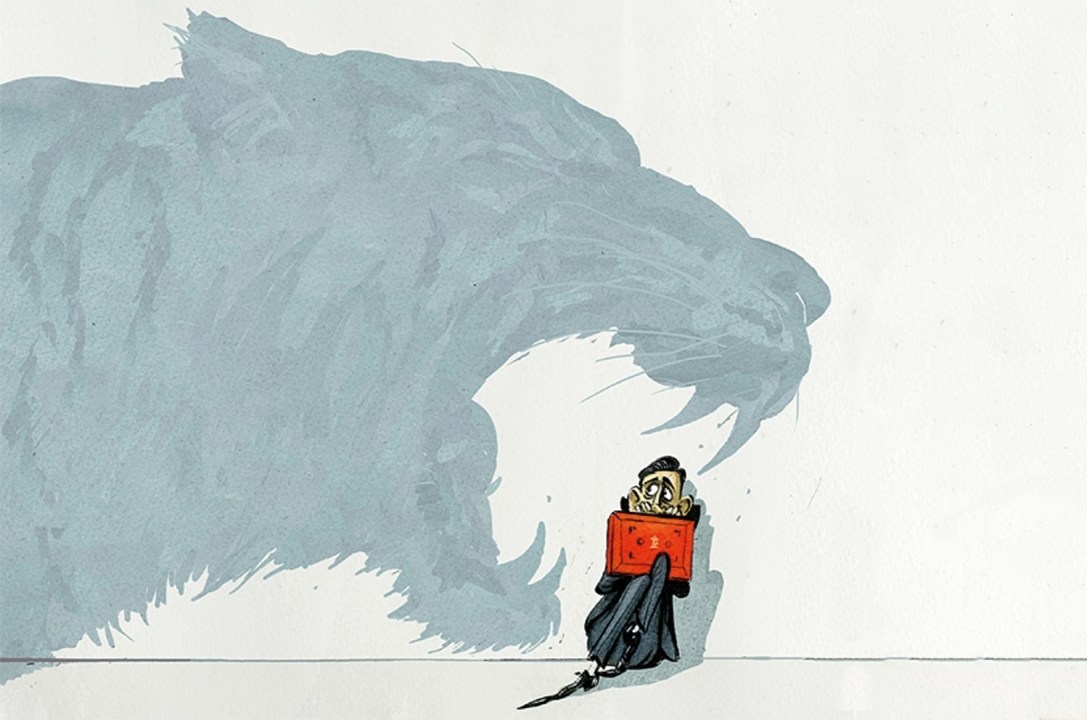The economy is growing at a blistering pace, and likely to recover all its Covid losses by the autumn. Labour shortages are emerging across a range of industries, as the supply of Eastern European workers dries up. Prices are starting to edge upwards, house prices are soaring, and commodities are getting more expensive. But, hey, it is probably a good moment to keep the printing presses rolling and pump plenty of freshly minted pounds into the economy.
The Bank of England’s Monetary Policy Committee (MPC) decided not just to keep base rates at 0.1 per cent today – that was largely expected – but also to maintain its programme of quantitative easing at £875 billion. And it may well have blown its chance to nip inflation in the bud before it starts to escalate.
The world is experimenting with a form of ultra-Keynesianism, of a sort that outdoes even that seen during the 1960s
No one really expected any fireworks from the Bank today. The economy is broadly recovering from the Covid-19 recession, and it is coping robustly from the disruption from our departure from the European Union. Although a case could be made for starting to edge interest rates back towards normal levels, or at least give some indication of when that would happen as the Federal Reserve has done, that would have been a radical move to make at this stage of the recovery, and one that could easily backfire.
But more QE? Really. Eight members of the MPC voted in favour of maintaining the programme, with only one, the departing chief economist Andy Haldane, backing a modest reduction. The Bank concedes that inflation is likely to keep on rising, and will break through the three per cent barrier. And yet it maintains that is merely a temporary phenomenon, that the price rises will run through, and before long the rate will start to come back down again.
Well, perhaps. There are two big problems with that analysis, however. The first is the sheer scale of government stimulus programmes around the world. Led by president Biden but imitated elsewhere, those have pushed deficit spending up to levels not seen since World War Two. The world is experimenting with a form of ultra-Keynesianism, of a sort that outdoes even that seen during the 1960s. While its supporters believe that will put us on a path to higher, enduring growth, the fact remains that last time around it ended up in stagflation, and it very easily could do so again.
Next, in the UK context, it is becoming increasingly obvious that, despite what all the ‘experts’ told us, freedom of movement within the EU has depressed wages for the last 20 years. Now that we have ended that, we may see rapid rises in real pay (already 20 per cent or more in some sectors). In itself that is a good thing, but it needs to be combined with disciplined monetary policy. Otherwise, we will end up with a wage-price spiral, again just like the 1970s.
There is no need to raise rates just yet. But dialling down QE would have sent a powerful signal that the Bank was worried about inflation while doing very little damage to the economy. By not making that move, the MPC may have blown its chance to stop that in its tracks.







Comments